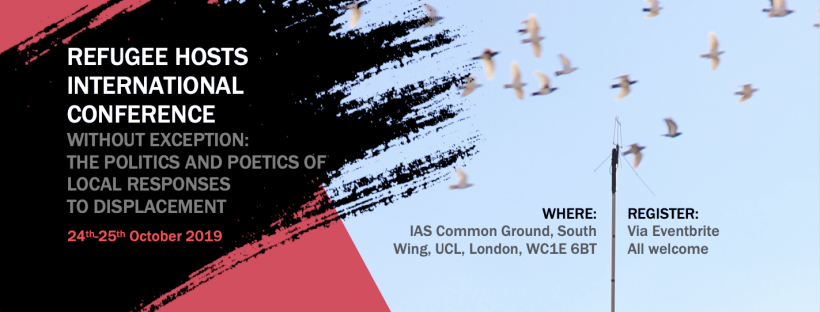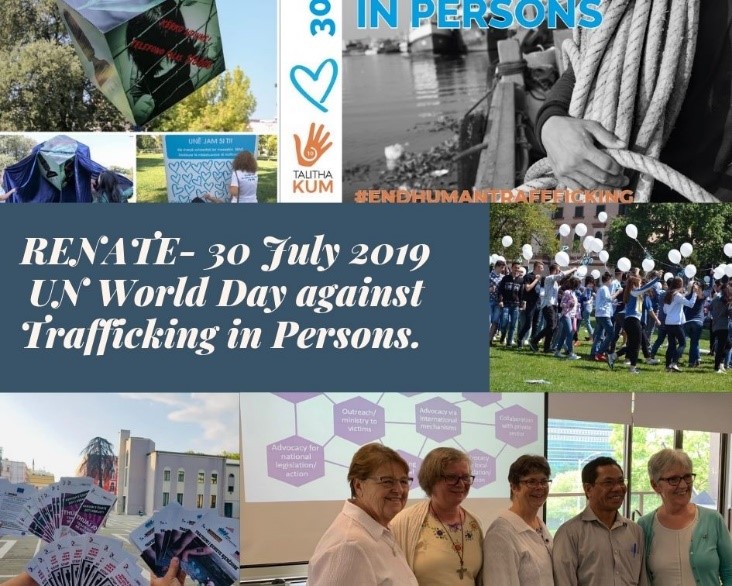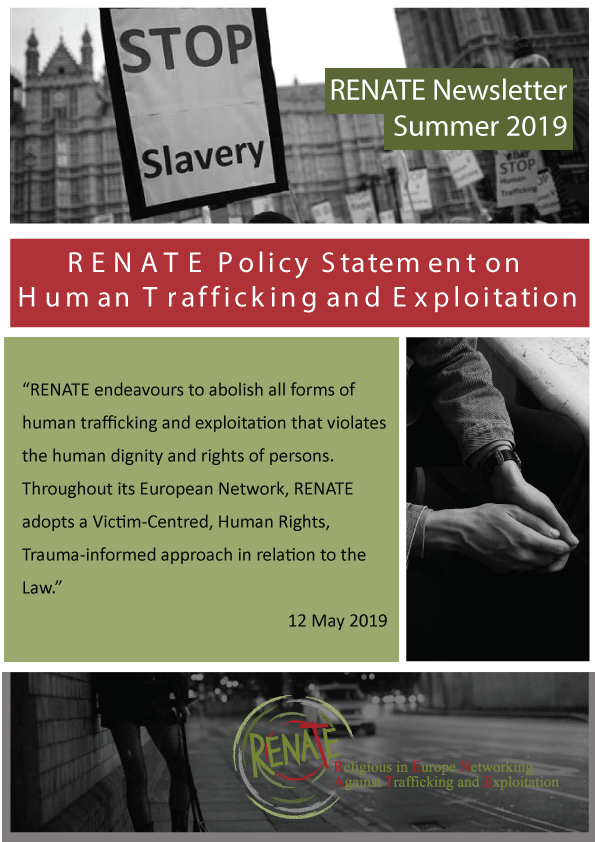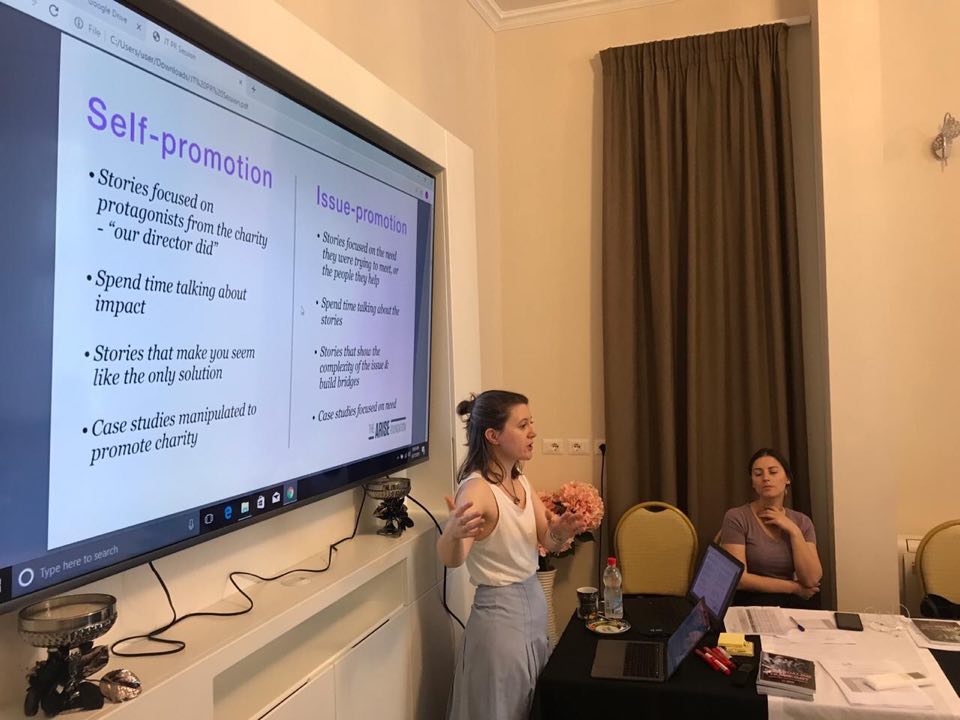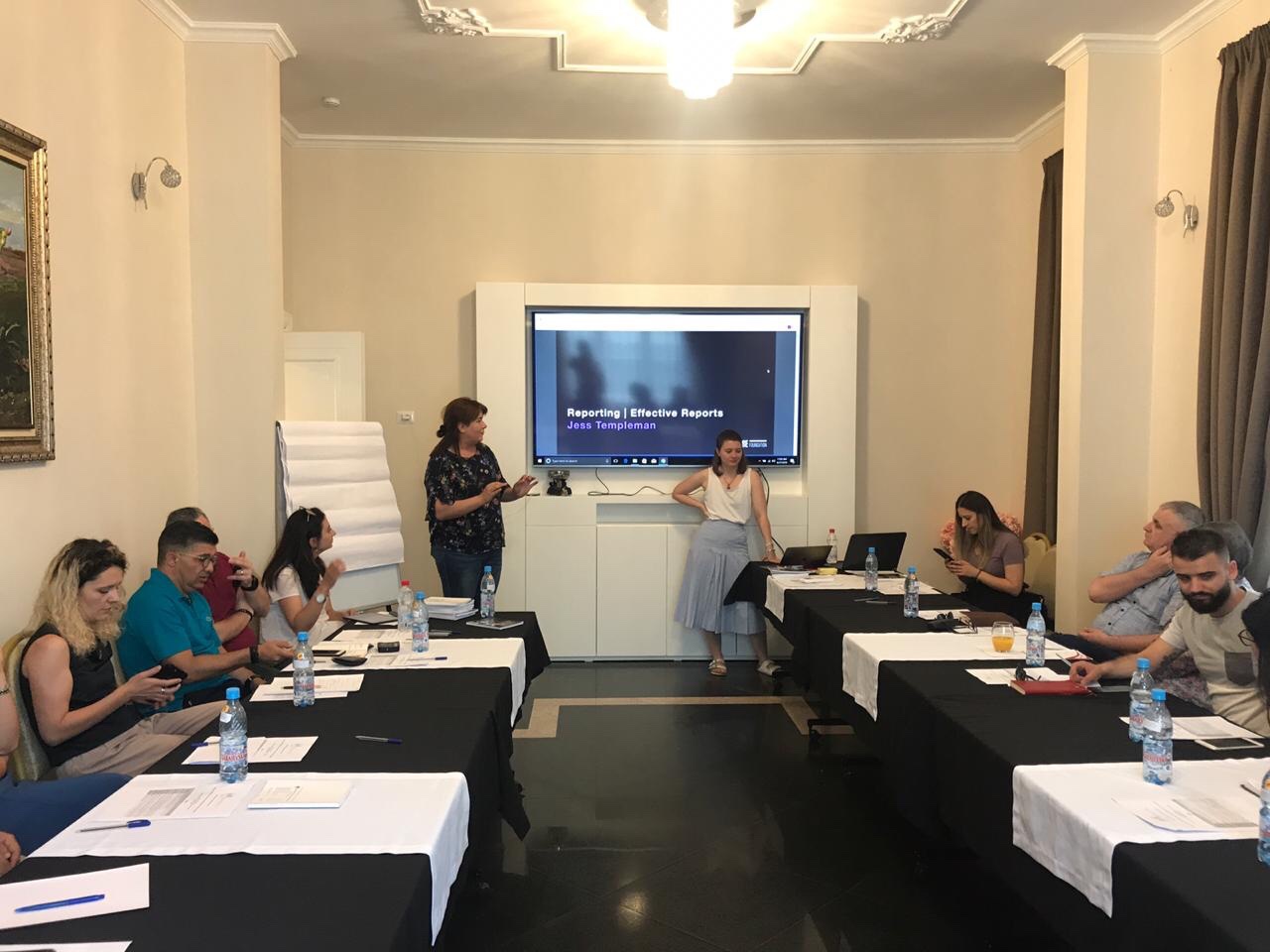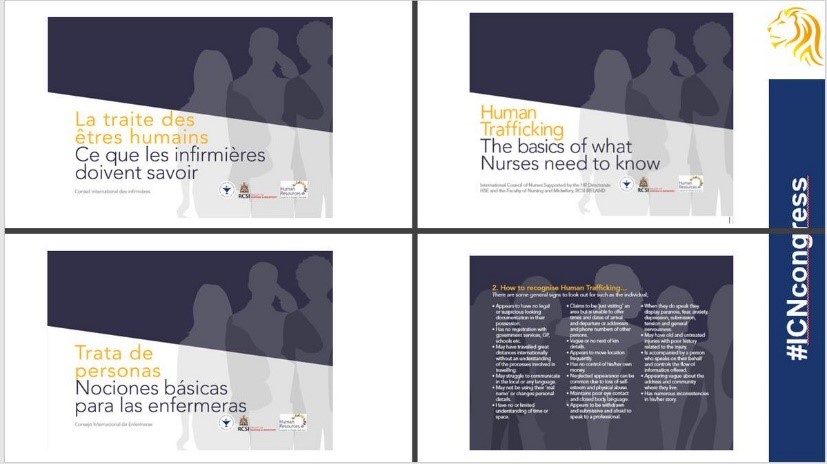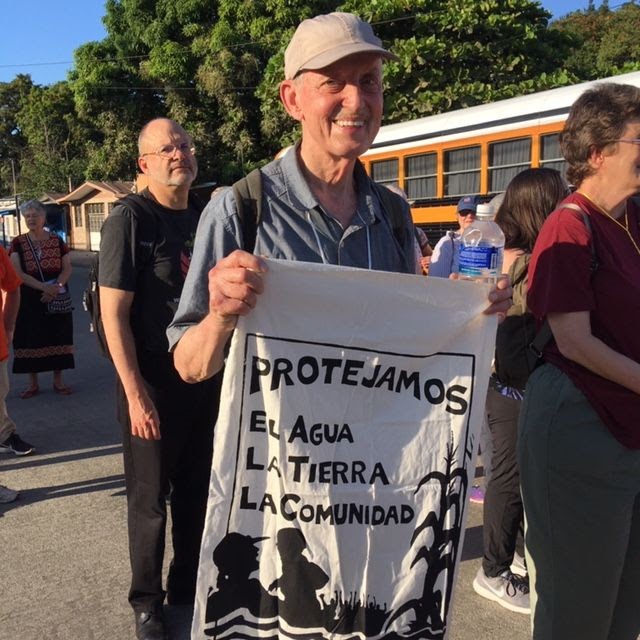The Refugee Hosts project is pleased to announce this two day conference, bringing together key academics, practitioners, creatives and experts in the fields of migration, displacement and refugees, to challenge, inform and debate dominant humanitarian discourse, the politics and ethics of knowledge production, and current theory and practice in relation to forced migration.
Where: IAS Common Ground, University College London. (click here for full address and map). There will also be live-streaming of the Conference, with subtitles
Through a series of presentations, panel and roundtable discussions, workshops and film screenings, the conference provides an opportunity to join Refugee Hosts’ ‘community of conversation’ on key themes including:
- Disrupting humanitarian narratives
- Stories of overlapping displacement
- Hosting, hospitality and the common good
- The politics and ethics of knowledge production in refugee and conflict situations
- Translation, literature and refugee response
- Rethinking community, rights and displacement
Through these debates and conversations, the conference will evaluate future opportunities and challenges for understanding and responding to forced displacement and refugees, and will map out future research and policy agendas.
Refugee Hosts Conference Infomration
To register for the event please visit the conference Eventbrite page.

.png)





